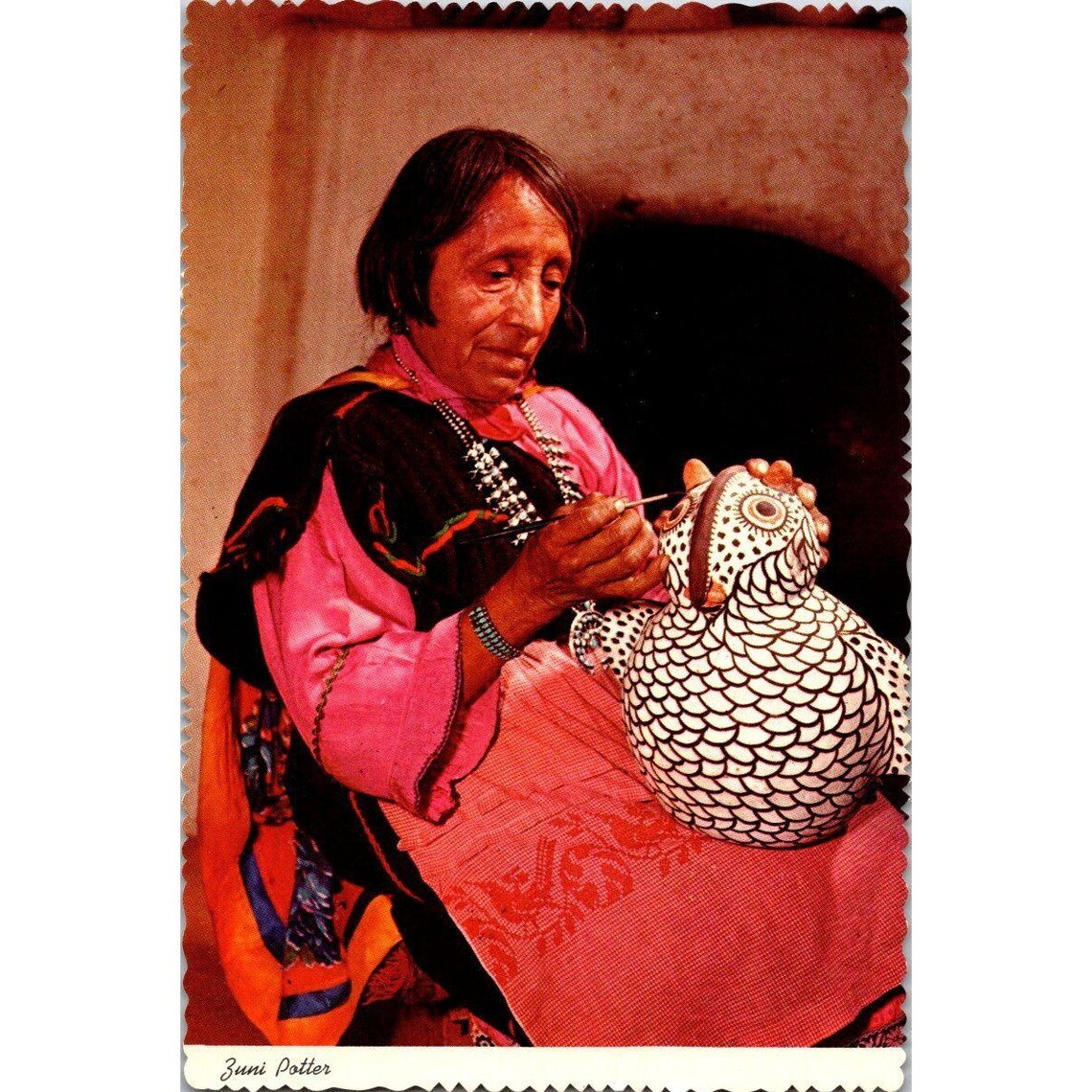

Indeed, same-sex relations have, until quite recently, been much more tolerated under Islam than in the Christian West. The first collection on this topic from a historical and anthropological perspective, Homosexuality in the Muslim World reveals that patterns of male and female homosexuality have existed and often flourished within the Islamic world. But in fact, the Islamic world encompasses a great diversity of cultures and a great deal of variation within those cultures in terms of gender roles and sexuality.

Stereotypes depict Islamic societies as economically backward, hyper-patriarchal, and fanatically religious.

The dramatic impact of Islamic fundamentalism in recent years has skewed our image of Islamic history and culture. Changing Ones combines the fields of anthropology, sociology, queer theory, gay and lesbian studies, and gender studies to challenge conventional schools of thought and to expand every reader's horizons.The first anthropological collection that reveals patterns of male and female homosexuality in the Muslim World What results is highly engaging, readable, and illuminating. Roscoe begins with case studies of male and female berdaches, blending biography and ethnohistory, and he builds toward theoretical insights into the nature of gender diversity in North America.

Indeed, Roscoe points out, berdaches sometimes even occupied a holy status within the tribal community. Roscoe reveals that rather than being ostracized or forced into obscurity, berdaches were embraced by some 150 tribes, serving as artists, medicine people, religious experts, and tribal leaders. In Changing Ones, William Roscoe opens up and explores the world of berdaches, revealing meaningful differences between Native American culture and contemporary North American culture. The term 'berdache' is a little-known, rarely discussed reference to Native American individuals who embodied both genders - what some might classify as 'the third sex.' Berdaches were known to combine male and female social roles with traits unique to their status as a third gender, defying and redefining traditional notions of gender-specific behavior.


 0 kommentar(er)
0 kommentar(er)
